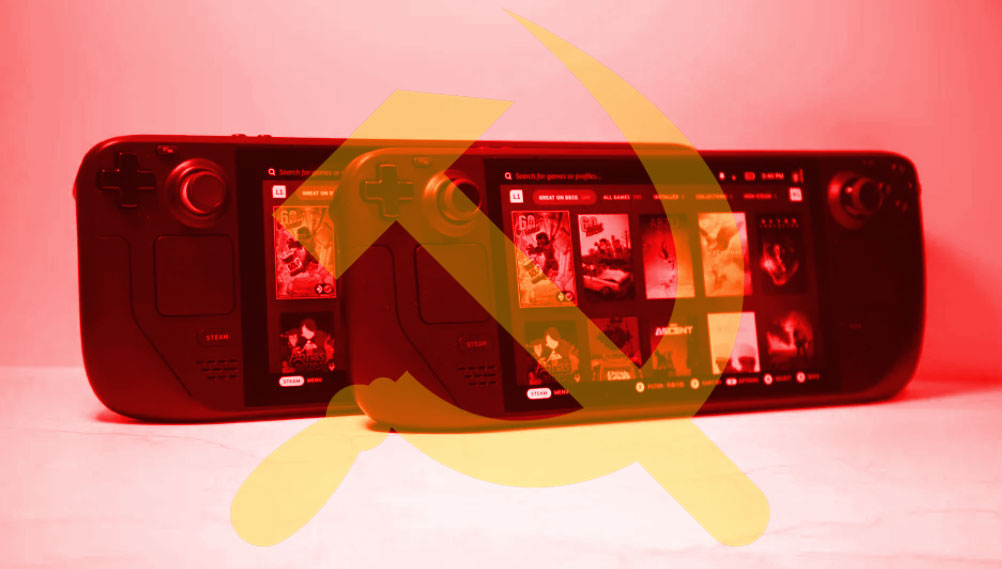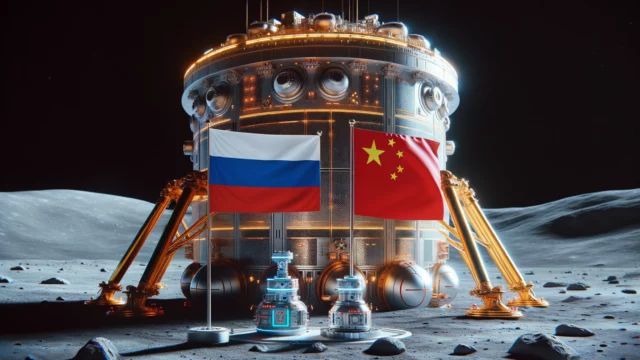In an unexpected twist in technology and gaming, Russia President Vladimir Putin has officially approved a bold initiative to develop a comprehensive gaming ecosystem akin to Valve’s Steam Deck, focusing on the Kaliningrad region. This surprising move aims to create not just a digital platform, but also hardware components including a handheld device, promising a significant shake-up in the global gaming industry from Russia.
According to a detailed report from PCGamer, this initiative is part of a broader nine-point development strategy for Kaliningrad, a strategic enclave situated between Lithuania and Poland. Putin’s directive to Prime Minister Mikhail Mishustin outlines the creation of both desktop and portable gaming hardware, an operating system, and a cloud-based system for delivering games and applications to users. This ambitious plan was revealed through a machine-translated document of official instructions, spotlighting gaming as a pivotal aspect of Kaliningrad’s economic expansion.
Putin Endorses Plan for Russian Gaming Revolution with “Steam-like Ecosystem”
The Kremlin’s instructions emerged from a meeting held in January, focusing on the economic upliftment of Kaliningrad, with the gaming ecosystem ranked third in priority. The plan mandates PM Mishustin to “consider the issue of organizing the production of stationary and portable game consoles, as well as the creation of an operating system and a cloud system for delivering games and programs to users.” With a “period of execution” set until June 15, 2024, Mishustin is tasked with assessing and orchestrating the inception of this revolutionary gaming machinery and ecosystem.
However, the feasibility of this grand vision has sparked debates among local media and industry experts. While the initiative is seen as a potential boost for Russian technological and economic ambitions, particularly in the unique Kaliningrad region, skeptics point to the enormous challenges ahead. Industry figures suggest a realistic timeline for developing a competitive gaming ecosystem could span five to ten years, possibly leaving Russia trailing behind established platforms like Steam by up to fifteen years, technologically.
Kaliningrad, chosen for this groundbreaking project, offers distinct advantages as a special economic zone with its own silicon production facility, potentially feeding into the hardware manufacturing aspect of the gaming ecosystem. Yet, the success of this venture could hinge on the resolution of geopolitical tensions, notably the ongoing Ukraine conflict and international sanctions that currently restrict access to critical Western technology, like AMD, Intel, and Nvidia components. Russia may need to rely on domestic technologies, such as Baikal processors, or seek alternatives from other sources, which could impact the performance and appeal of the proposed “Russian Steam Machine.”
On the software front, Russia appears to have a head start with Astra Linux, which could be adapted for gaming in line with Valve’s Steam Deck approach, leveraging compatibility layers like Proton to bridge the gaming gap.
As the June 15 deadline for initial plans looms, the world watches closely to see how Russia’s ambitious foray into the global gaming market unfolds, marking a potential new chapter in the intersection of technology, culture, and geopolitics.














